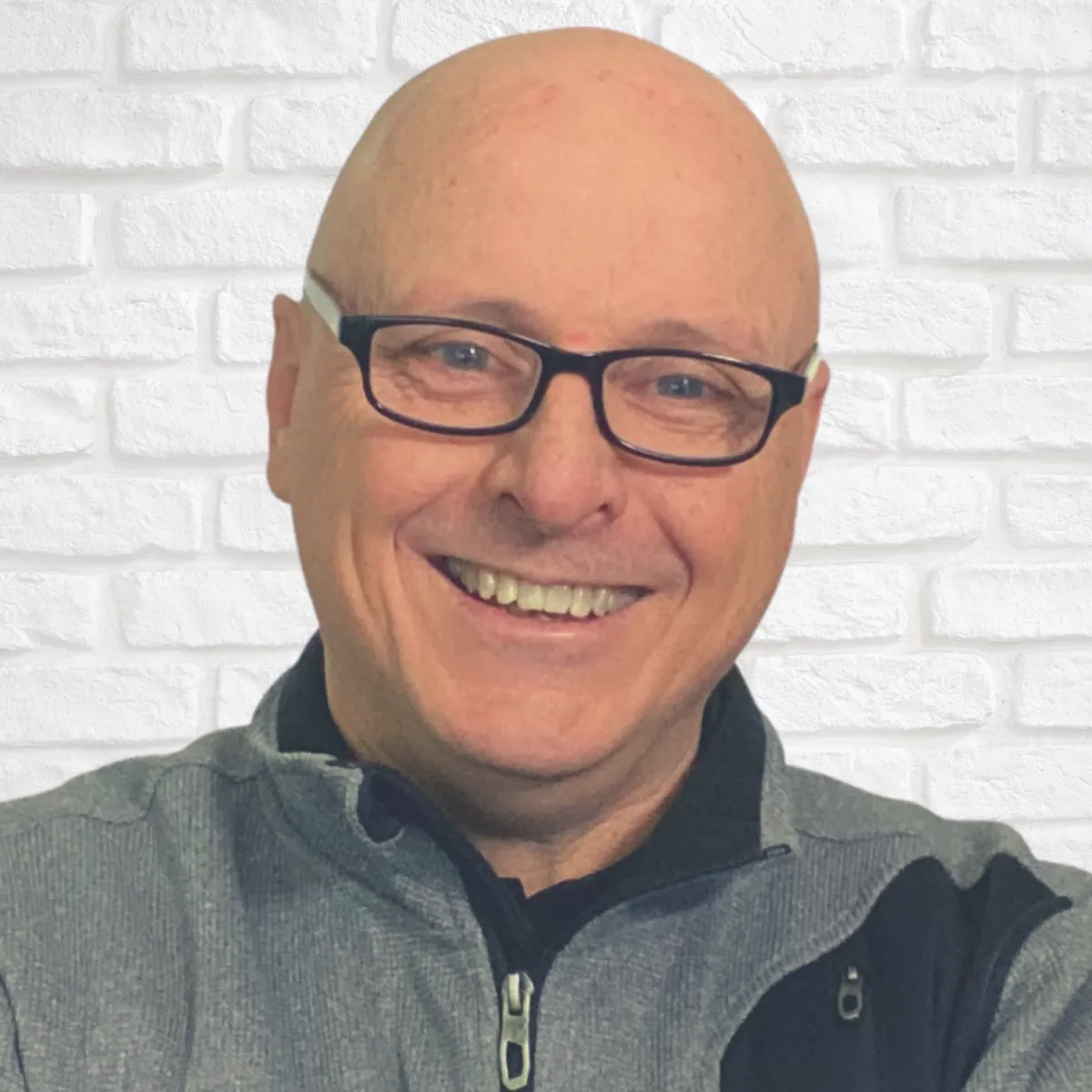
Special Guest Expert - Brett Parry

Brett Parry
Brett originally hails from Australia, now living in the USA. He has a deep faith in the ability of the curious mind to navigate expanding global horizons. He believe the skills to do this can be taught with compassion, knowledge and action, all with an intentional plan to achieve high-level personal and professional outcomes. He is a cross-cultural consultant and facilitator, speaker, mentor and coach. As founder of The Cultural Mentor, he leads a global network of committed cultural facilitators that teach the value of understanding cultural gaps and how to bridge them.
Connect with Brett:
Please Share This With Your Followers
